What is a clause? Different Types of Clauses with Examples | Comprehensive Guide
What is a clause?
Clause is a grammatical form that has a subject and a predicate.
Clause = subject + verb (predicate)
Example
I (subject) eat (verb) mangoes. (complete thought)
Now, we see clause in simple, compound and complex sentences.
In simple sentences, there is one clause that is a complete thought.
Examples
- He laughed.
- She is weeping.
While, in compound sentences, there are two clauses. One is an independent clause and the other is the dependent clause.
Examples
- She is happy because she bought a new car.
- The instructor asked a question, but nobody answered.
In complex-compound sentences, there are more than two clauses. One clause must express a complete thought.
Examples
- I like English, but my brother likes chemistry because he wants to become a chemist.
- I am searching, but she stole my pen because she has to make her assignments.
Different Types of Clauses
There are different types of clauses. Two main types are dependent and independent clauses. The dependent clause has further types. All the types of clauses are explained here with examples.
Example
He is buying the shoes which looks very nice.
The above sentence has two clauses, “He is buying the shoes” and “which looks very nice”. The first clause expresses a complete idea and can alone stand as a sentence. Such clause is known as an independent or main clause.
While the clause “which looks very nice” does not express the complete thought and cannot stand as a sentence. It depends upon the first clause (which is the main clause) to express the complete thought. Such clause is known as a dependent clause.
1 – Independent Clause (Main Clause)
Independent or Main Clause expresses the complete idea or a thought. It has a subject and verb and can stand alone as a sentence.
1.1 – Examples
See these examples, the bold part of the sentence conveys the complete sense and is called main clause.
- I saw a man he was crying.
- He is crying but nobody actions.
- He is a wise man.
- He bought a car which was too expensive.
- I eat some apples in the kitchen.
1.2 – Coordinators of Independent Clause
- And
- but
- yet
- so
- or etc.
These words are used to join the clauses.
Example
He is crying but nobody actions.
1.3 – Functions of Independent Clause
- It has subject + verb (own predicate)
- Independent clauses express a complete idea/thought.
- Independent clauses make possible clear communication whether we are writing or speaking.
- Independent clauses are used in all types of sentences.
2 – Subordinate Clause (Dependent Clause)
Dependent or subordinate clause is that clause which (as alone) cannot express the complete meaning. It cannot stand alone. It depends upon independent clause to give a complete meaning.
2.1 – Examples
The bold part of a sentence is subordinate or dependent clause.
- I saw a man who was crying.
- He bought a car which was too expensive.
- She does not like the people who smoke.
- I know the girl who took my pen.
- I met a boy who had helped me.
2.2 – Functions of dependent clause
It may function as a noun, an adjective or an adverb in a sentence.
2.3 – Types of Dependent Clause
Dependent clauses are divided into three types.
- Noun clause
- Adjective clause
- Adverb clause
2.3.1 – Noun Clause
A noun clause is a type of dependent clause that acts as a noun in the sentences. It has a subject+verb. However, it can’t stand alone as a complete thought.
Example
I remember what you said yesterday.
In above sentence “what you said yesterday” functions as noun.
Subordinators and identifications of noun clause.
- What
- Where
- Why
- How
- Whom
- When
- Who which
- Whose
- Whether
- That
- If
Examples
- The library will send a bill to whoever damaged this book.
- Whether you learn will help you pass the examination.
- What you said made me cry.
Functions of a Noun Clause
The nine main functions of noun clause are given here.
- Subject
- Subject complement
- Direct object
- Object complement
- Indirect object
- Prepositional complement
- Adjective phrase complement
- Noun phrase complement
- Appositive
2.3.2 – Adjective Clause
Adjective clause is a type of dependent clause that acts as an adjective in the sentence.
It always has a subject-verb. However, it can’t stand alone as a complete thought.
Example
He wears a shirt which looks nice.
In above sentence “which looks nice” is an adjective clause.
Subordinators of adjective clause
- who
- whom
- which
- whose
- where
- when
Examples
- I met the girl who had helped me.
- The building where I live consists of eight rooms.
An adjective clause always begins with relative pronoun.
Adjective clauses can be restrictive and non-restrictive.
i – Restrictive Clause
A restrictive clause limits the meaning of preceding noun or pronoun.
Example
The student in the class who studied a lot pass the examination.
ii – Non-restrictive Clause
Non-restrictive clause tells us something about preceding noun or pronoun, but does not limit the meaning of preceding noun or pronoun.
Example
The student in the class attended all the lectures pass the exam.
2.3.3 – Adverb Clause
Adverb clause is a type of dependent clause that acts as an adverb in the sentence. It always has a subject and verb. It cannot stand alone as a complete thought.
Examples
- Do not go before he comes.
- He takes medicine because he is ill.
It also describes the main situation in terms of time, frequency, cause and effect, condition etc.
i – Adverb clause in a time
It frequently starts with when, before, after, until, as soon as, since.
Example
When he won the money, he decided to buy a car.
ii – Adverb clause in a place
It shows the place in the sentence and starts with where, wherever
Example
She drove wherever she wanted.
iii – Adverb clause in a cause
It shows some cause of action. It starts with because, as, since
Example
She got a parking ticket because she parked illegally.
iv – Adverb clause in a purpose
It frequently starts with so that, in order that
Example
He drove fast as he could get to work on time.
v – Adverb clause in a result
It starts with so-that, such-that
Example
He drove so fast that he got a speeding ticket.
vi – Adverb clause in a condition
It starts with if, unless
Example
If she had not won the lottery, she would have been very unhappy.
vii – Adverb clause in a concession
It starts with although, even though
Example
Although she thought she was a good driver, she got a lot of tickets for speeding.
To know more about clauses and how to represent them, check this link.
Read also: 11 Rules of Subject-Verb Agreement & Examples
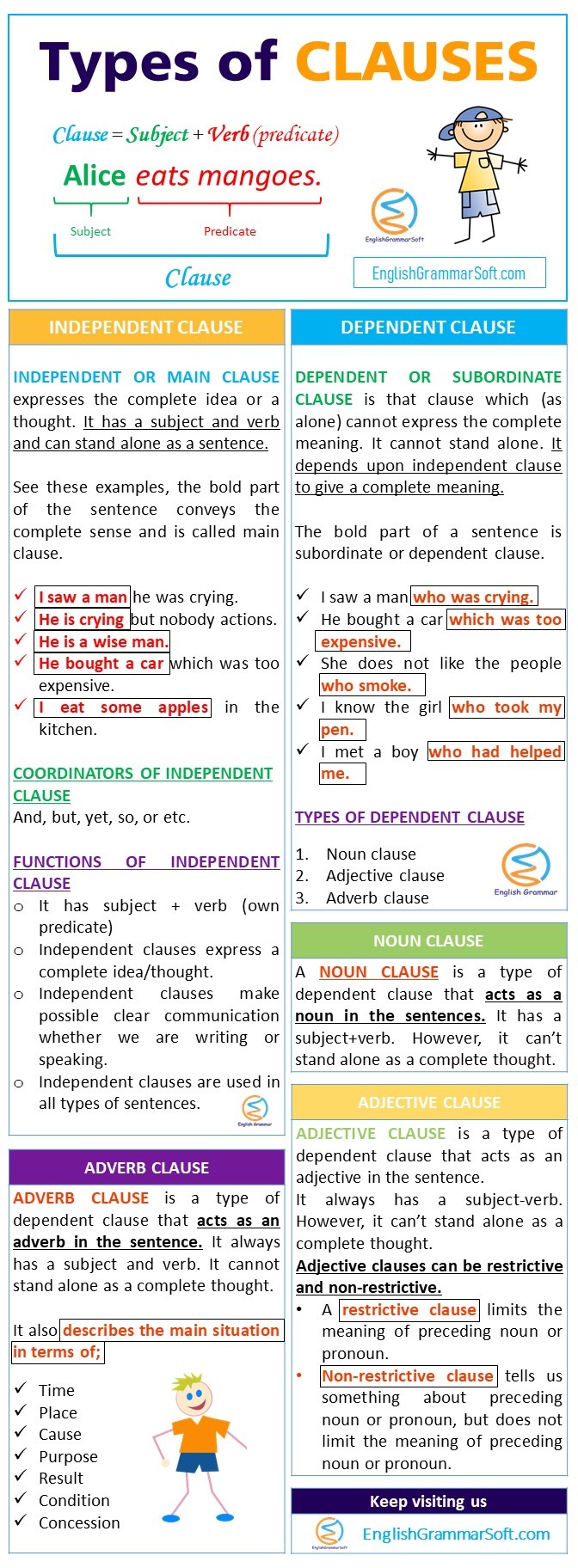
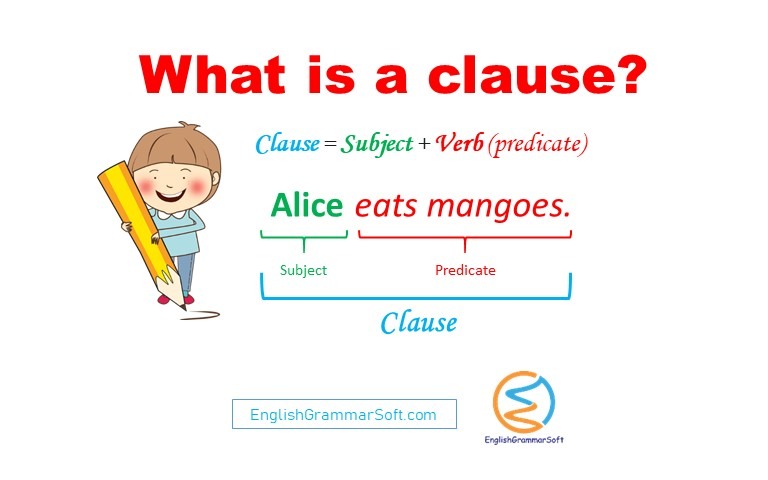
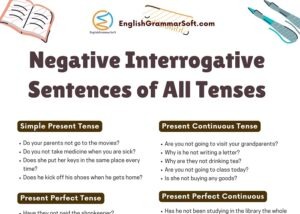
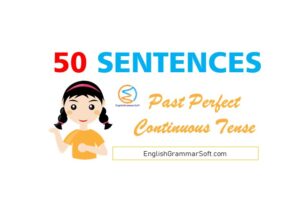
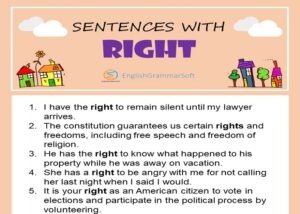
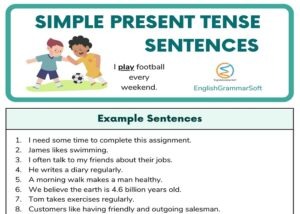
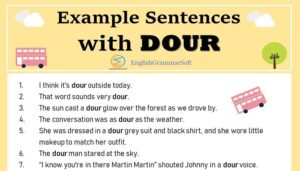
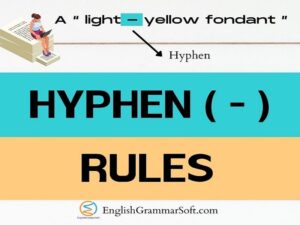
Amazing
It is really a comprehensive guide. You have covered all the points. I really loved it!
Thank you Sita you loved this guide.
very good information you have given regarding clauses . I really like it
I blog quite often and I really thank you for your information. This great article has really peaked my interest. Thanks for sharing
I like this guide and appreciate the effort put into making it. It is very comprehensive, but still easy to follow. Thank you for sharing it!
Hi Irena,
Thank you for the feedback.